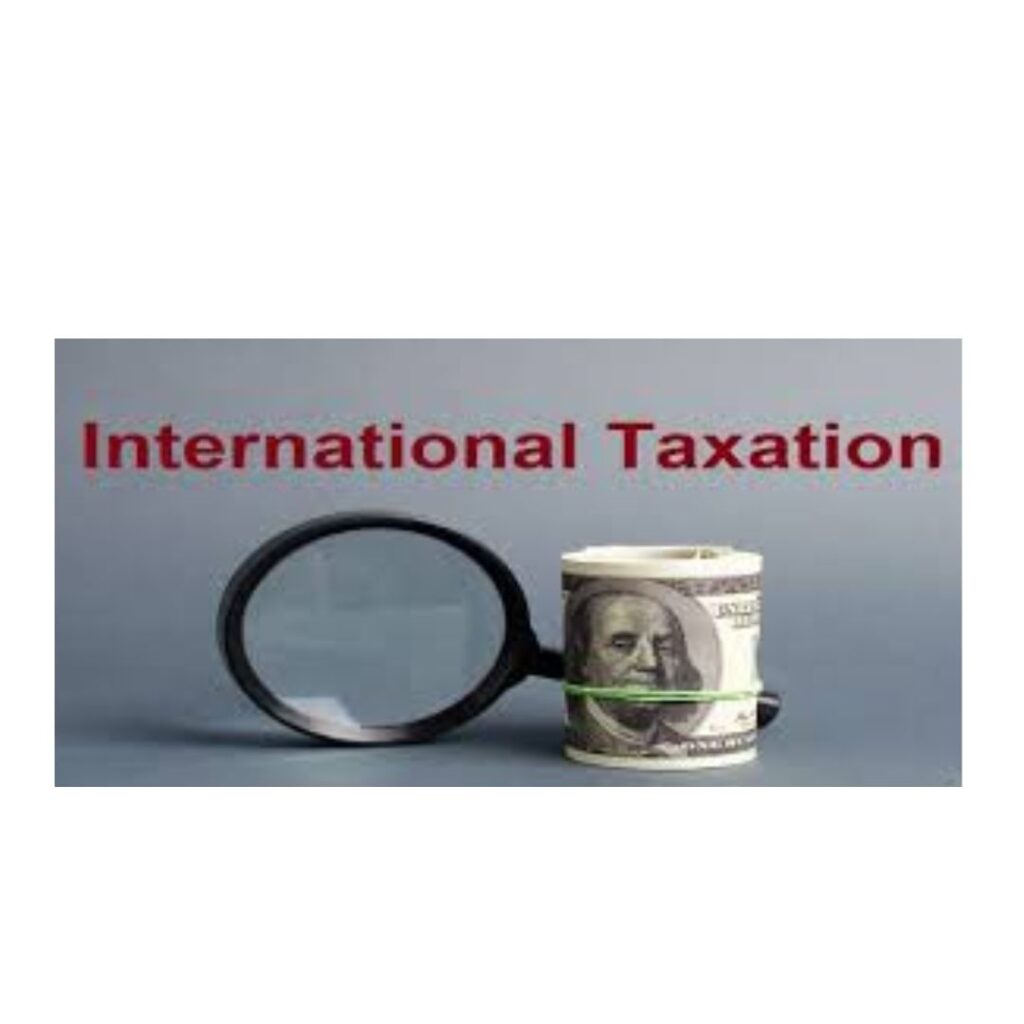Introduction
Taxation has been a fundamental part of human civilization for thousands of years. Governments worldwide rely on taxes to fund public services, maintain infrastructure, and regulate economies. The concept of taxation has evolved significantly, but its origins can be traced back to ancient civilizations. Understanding the history of taxation helps us appreciate its role in society today.
Definition of Taxation
Taxation is the practice by which governments impose financial charges or levies on individuals and businesses to generate revenue for public spending. It includes direct taxes, such as income tax, and indirect taxes, such as sales tax or value-added tax (VAT).
Which Country First Starte Practicing Taxation?
The first recorded instance of taxation dates back to Ancient Egypt around 3000 BCE. The Pharaohs implemented a taxation system where citizens were required to pay tributes in goods, labor, or produce. Additionally, tax collectors known as scribes ensured compliance. Similar taxation systems were also prevalent in Mesopotamia, China, and the Roman Empire.
Step-by-Step Evolution of Taxation
- Ancient Egypt (3000 BCE) – Taxes were collected in the form of grain, livestock, and labor for public works.
- Mesopotamia (2500 BCE) – Babylonian rulers imposed taxes on various goods and services, including agriculture and trade.
- Ancient China (2000 BCE) – The Zhou Dynasty introduced land taxes and mandatory labor contributions.
- Roman Empire (500 BCE – 476 CE) – Rome developed an advanced taxation system, including inheritance and sales taxes.
- Medieval Europe (500-1500 CE) – Feudal lords taxed peasants, and the church collected tithes.
- Colonial Era (1500-1800 CE) – European powers imposed taxes on their colonies, leading to events like the American Revolution.
- Modern Taxation (19th-21st Century) – Progressive tax systems, corporate taxes, and digital taxation emerged globally.
Benefits of Taxation
- Revenue Generation – Taxes fund essential services like healthcare, education, and infrastructure.
- Economic Regulation – Governments use taxation to control inflation and stimulate growth.
- Social Welfare – Redistributive policies help bridge income gaps through subsidies and social programs.
- Public Services – Roads, security, sanitation, and utilities are financed through taxes.
- Encouraging Investment – Tax incentives promote business growth and foreign investment.
Usage of Taxation
- Governments use taxes to fund budgets and national development projects.
- Individuals pay income taxes, property taxes, and sales taxes in daily transactions.
- Businesses contribute corporate taxes and VAT to support economic sustainability.
Limitations of Taxation
- Tax Evasion – Illegal practices reduce government revenue.
- Administrative Burden – Collection and enforcement require substantial resources.
- Economic Distortion – High taxes may discourage investment and innovation.
- Public Resistance – Citizens may oppose excessive taxation policies.
- Inefficiency – Poor management of tax revenue can lead to corruption and misuse.
Application of Taxation
| Sector | Application |
|---|---|
| Healthcare | Funding public hospitals, insurance subsidies |
| Education | Building schools, providing scholarships |
| Infrastructure | Constructing roads, bridges, and public transport |
| Defense | Military expenses and national security |
| Social Welfare | Pensions, unemployment benefits, and aid programs |
| Environment | Carbon taxes to reduce pollution |
Cooperative Table: Countries and Their Taxation Systems
| Country | First Known Tax System | Modern Taxation Model |
| Egypt | Tribute-based taxation | Progressive tax rates |
| Rome | Property and inheritance tax | VAT, corporate tax |
| China | Land and labor tax | Income tax, business tax |
| Britain | Feudal dues, poll tax | Income, VAT, corporate tax |
| USA | Colonial levies | Federal and state taxes |
Conclusion
Taxation is an ancient practice that has evolved into a complex system vital for governance and economic stability. Countries have adapted taxation methods over time to meet modern demands. While taxation has benefits, it also come with challenge like evasion and economic burden. A well-structured tax system ensures fairness, efficiency, and national prosperity.
10 Frequently Asked Questions About Taxation
- Who introduced the first tax system?
- Ancient Egypt implemented the first known taxation system around 3000 BCE.
- What was the earliest form of taxation?
- The earliest taxes were in the form of grain, livestock, and labor rather than money.
- Which country has the highest tax rate today?
- Scandinavian countries like Sweden and Denmark have some of the highest income tax rates.
- What is the purpose of taxation?
- To fund government expenditures, regulate the economy, and support social programs.
- How do taxes affect the economy?
- Taxes influence inflation, employment, business investment, and public spending.
- What are direct and indirect taxes?
- Direct taxe included income and property taxes, while indirect taxes include VAT and sales taxe.
- Why do some people avoid paying taxes?
- Due to loopholes, evasion, or dissatisfaction with government spending.
- What happens if taxes are not paid?
- Penalties, legal action, and possible asset seizure.
- Can taxation be completely abolished?
- No, as it is essential for government functioning and public welfare.
- How has digitalization impacted taxation?
- It has led to new taxes on digital services and easier tax collection through technology.
Taxation remains a crucial component of economic governance, continuously evolving to meet modern challenges. Understanding its history and impact helps individuals and businesses navigate their financial responsibilities effectively.
For further details access our website https://vibrantfinserv.com/
To visit: https://www.mca.gov.in
Contact: 8130555124, 8130045124
Whatsapp: https://wa.me/918130555124
Mail ID: operations@vibrantfinserv.com
Web Link: https://vibrantfinserv.com
FB Link: https://fb.me/vibrantfinserv
Insta Link: https://www.instagram.com/vibrantfinserv2/

